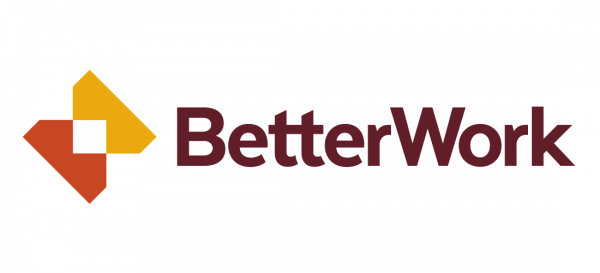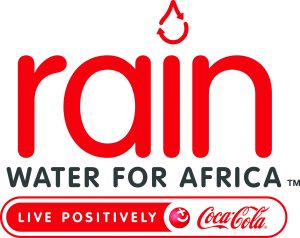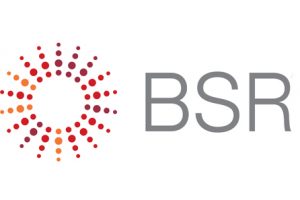Overview
The Better Work program is a joint initiative of the International Labour Organization (ILO) and the International Finance Corporation (IFC).
This initiative aims to improve working conditions and promote competitiveness in global garment supply chains.
Better Work mobilizes global brands, governments, factory owners and workers to improve garment factory working conditions, increase competitiveness and create a fairer, more prosperous world.
The programme is active in more than 1,300 factories across the world, creating lasting, positive change, changing attitudes and behavior through assessments, advisory services, training and research.
Country(ies) where the intervention is taking place
Global.
Lead Organization
International Labour Office (ILO).
Who is involved (internal company actions, partnerships with government, NGOs, other companies, etc.)?
Workers and their employers in 1,300 garment factories in 7 countries.
Objectives
Improving WASH at the workplace for workers by improving company-internal Health, Safety and Environment (HSE) and sustainability standards.
Target markets
Apparel/Footwear.
Workplace Setting
Factory.
Scope of intervention
Factory-level intervention to assess compliance with labour standards (including OSH/WASH), and advisory services to improve compliance and worker-manager dialogue on key issues. Influencing work at national and global levels through data gathered and lessons learned.
Which elements of WASH (safe water, sanitation, hygiene, etc.) are covered?
All.
Which elements of the Framework for Business Action on WASH are covered?
Taking Action, Best practice.
Indicators/metrics that have been developed to monitor/track progress
From Compliance Assessment Tool:
Does the employer provide workers enough free safe drinking water?
Does the workplace have adequate accessible toilets?
Does the workplace have adequate hand washing facilities and adequate soap?
Related, and demonstrating root cause analysis: Has the employer set up a properly functioning Unit in charge of OSH and/or Labour Protection Council?
From independent impact assessment surveys (confidential surveys among workers):
How often do you get a drink of water while you are at work?
How often do you experience severe thirst?
How satisfied are you with the quality and availability of drinking water in your factory? Very satisfied – not satisfied at all
Over the last year, have you been denied permission to use the factory toilet during work hours?
How satisfied are you with the toilet facilities in your factory?
Have you or someone you know been punished in the last month for the following reasons? (asking for water/ asking to use the toilet)
The evaluation process
Compliance assessments carried out in-house by Better Work;
Independent impact assessment carried out by contracted third-party research partners (university-based).
Relevant compliance trends (sample):
Better Work’s assessment data shows that WASH outcomes – access to free water, adequate hand washing soap, and access to toilets improves over the course of several years’ engagement with Better Work, in some cases dramatically. Compliance with setting up an OSH committee also improves.
Relevant impact assessment Results:
More workers report more frequent access to water while at work by third year of.
The proportion of workers who say they are able to get a drink of water “every 2 hours” or more frequently more than doubles – from 19.9% of workers at baseline to 48.5% of workers in the third survey.
Profitability finding in Vietnam shows that factories where workers have more satisfaction with workplace facilities – including satisfaction with toilet and water facilities – are more profitable firms. Up to 8% more profitable. Greater profitability found to be driven by higher per worker productivity.
Workers must perceive improvements in changes. Improvements perceived by managers or compliance assessments do not associated as closely with higher productivity.
While this does not establish that installing toilets means higher profitability automatically follows, it shows that investments in such conditions goes hand-in-hand with better performance.
Links to learn more:
http://betterwork.org/blog/portfolio/better-works-global-compliance-assessment-tool/
http://betterwork.org/our-impact/research/
Contact:
Carlos Carrion Crespo (Public service sector specialist, Sectoral Policies Department, ILO)






